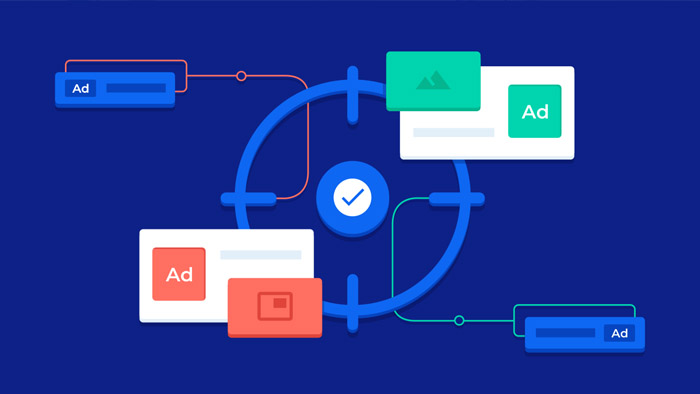
During the AdTech panel yesterday I started ranting about what I think is missing from all this contextual, behavioral, paid search, and network-based advertising - you know, all the stuff that's setting records and revolutionizing marketing. All the stuff I've been hyping for the past two, no wait, ten years now. And I think I've come up with a clear way of saying it: what's missing is the advertiser's endemic relationship with the community a publisher serves.
I'm almost certainly restating what others have already pointed out, but then again, I've not seen it put this way yet. So think about a "traditional" publishing environment. You've got three parties in an ongoing, intentional conversation: The reader/viewer (we'll say audience for lack of a better word), the editor/programmer/author/creator (we'll say publisher for lack of a better word), and the advertiser. In a traditional publication, these three parties interact in various ways through the medium of the publication. Most importantly, the advertiser has voted with their dollars for that particular publisher, hopefully because the advertiser had take the time to understand that publication's audience, and hence wants to be in conversation with that audience.
What's inherent in this interaction is the intention of all parties to be in relationship with each other. This creates and fosters a sense of community - the best publications always have what are called "endemic" advertisers - those that "belong" to the publication's community, that "fit" with the publication's voice and point of view. I've found that in the magazines and sites I've helped create, my readers enjoyed the ads nearly as much as the editorial, because the ads served them, seemed to understand who they were in relation to the community the publication created.
It's this relationship which I find entirely missing in all these contextual, behavioral, paid search networks. Sure, they are "relevant" to either a search, or to the content they match. But they are driven by metadata and the actions of only one of the parties - the content of the publisher for example (AdSense), or the actions of the audience (Claria, Revenue Science, Tacoda, etc.). As far as I know, none are driven by an understanding of the give-and-take that occurs between all three parties in a consensual relationship mediated by the publication. A site which has only AdSense or behavioral advertising fails to value (or monetize) the community connection between audience, publisher, and advertiser. Advertisers in these networks are not intentionally supporting the publication, and by extension they are not supporting the community the publication has created. In essence, they are not being good citizens of the community where their advertising is being displayed.
To summarize: Something is lost when advertisers don't buy based on the publication. I'm not arguing that buying based on context or content isn't valuable, it certainly is. But in the long run, not considering the publisher's role devalues both the publication *and* the advertiser in the minds of the publishers' audience.
So what, you might be saying. Most major publications utilize both network-based and more traditional "display" advertising - look at the NYT or CNET or CBS Marketwatch. True enough - Martin mentioned yesterday that his "display" advertising at NYT.com is up dramatically and starting to show real traction. (And, by they way, the NYT is steering clear of AdSense image, for obvious reasons.) But the real problem is with smaller sites, sites that can't afford to be understood or purchased any other way but through a network. Sites where there is simply too much transactional friction to make the advertising purchase worthwhile. Sites like.blogs, for example.
Advertisers can't grok all the blogs which might be potential fits for their marketing dollar. Besides the tedium of finding and evaluating them, blogs have no standardized marketing or advertising practices, so working with each is a handrolled labor of love (I am in the process of managing such a Cohiba right now over at boing.
Yet more than most publications, blogs are about the relationship between author and community. Any advertisers who comes into that conversation with a tin ear does a disservice to all parties. My conclusion: If advertisers are going to truly benefit from marketing on blogs, they will have to get to know each one to the point that their ads speak with a voice that is consistent in the community where they are advertising. You can't do that on contextual or behavioral or PPC networks as they exist today.
To its credit, AdSense has given marketers a taste of the blog world, and bloggers a taste of a credible business model. And AdSense spares marketers the trouble of negotiating with each and every site owner. But if advertisers want to find those sites that, in the long term, are endemic to their business, sites which reflect a conversation they'd like to join, they are going to have to actually join the conversation. And we, as bloggers, are going to have to help them join. Henry at BlogAds is working on one solution to this, and I am sure there are more to come.
Over time, I believe advertisers will see the value of long-term relationships with endemic communities of interests. Ideally, they will be able to both buy a specific site, as well as reap the benefits of contextual/behavioral/PPC models. Wouldn't it be cool if we helped them figure this out?















Post Your Comment
Comments